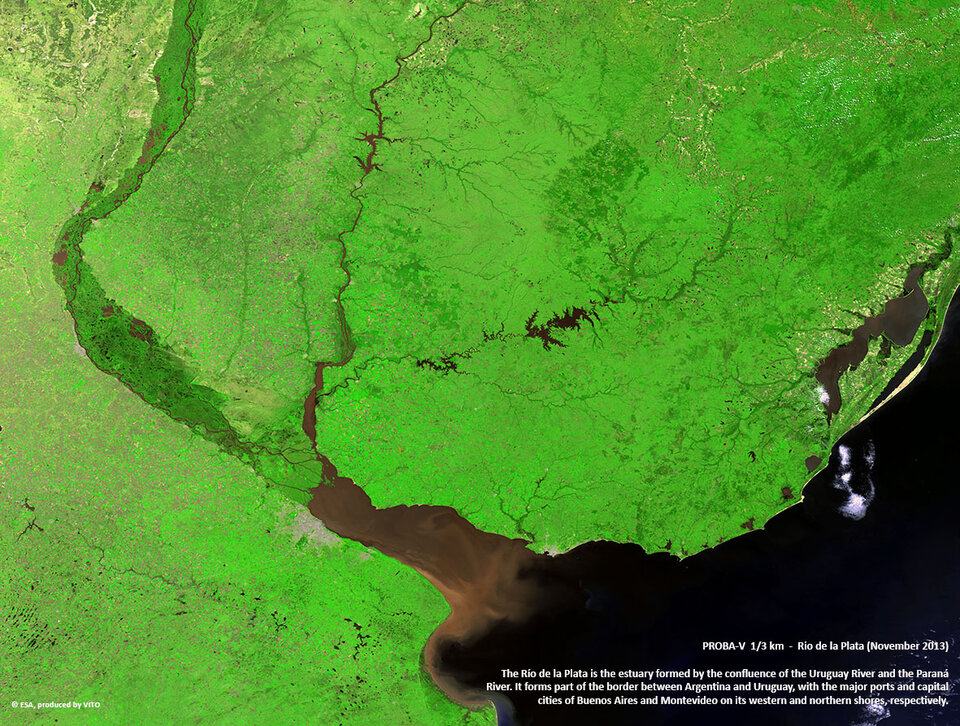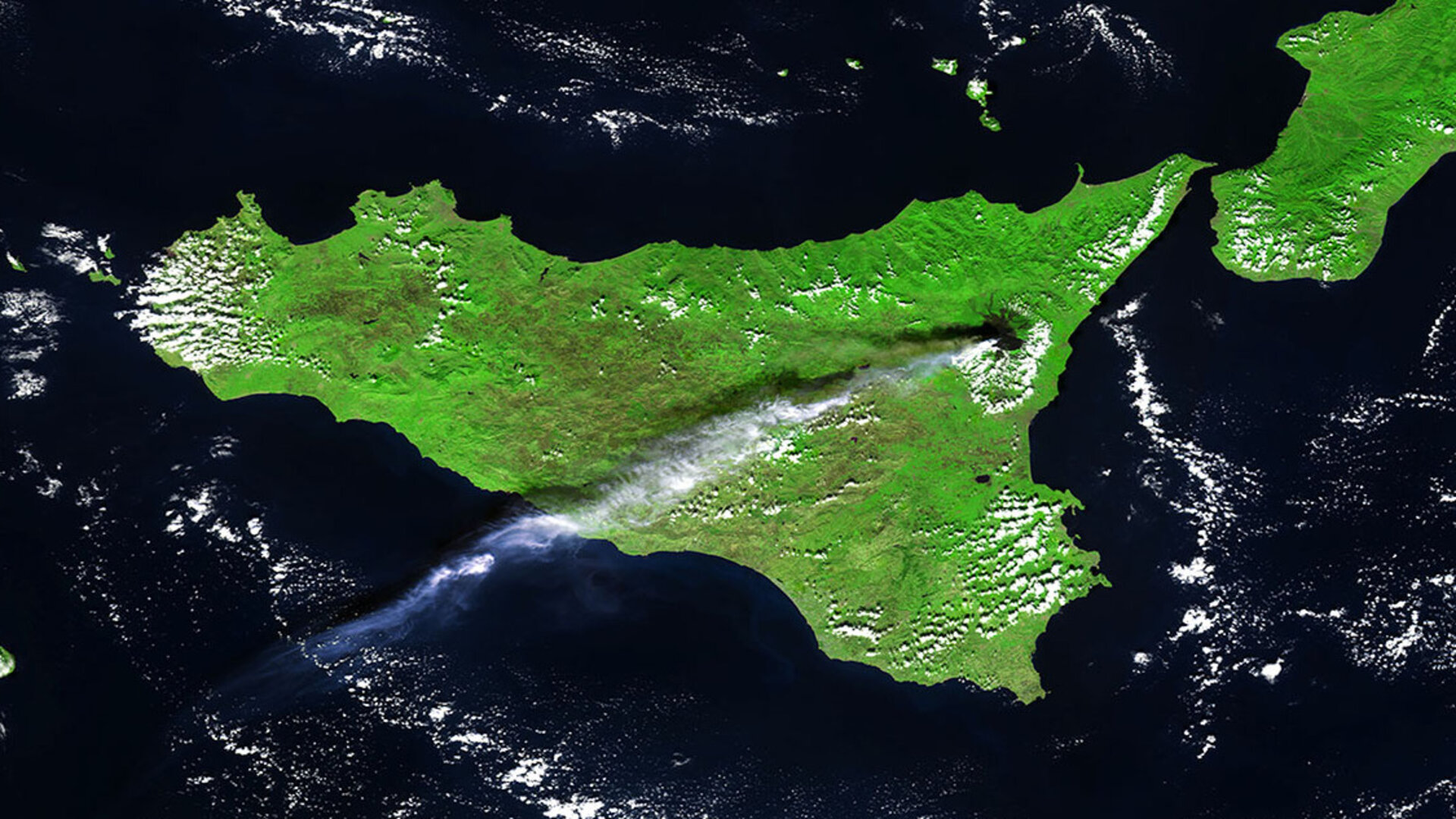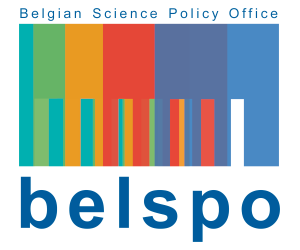Proba-V data ready for use
Less than seven months after launch, Earth-watcher Proba-V is ready to provide global vegetation data for operational and scientific use.
Launched by a Vega rocket from French Guiana in the early hours of 7 May, the Proba-V miniaturised satellite is designed to map land cover and vegetation growth across the entire planet every two days at a resolution of 330 m.
The satellite is less than a cubic metre in volume, and carries a Vegetation instrument that collects light in the blue, red, near-infrared and mid-infrared wavebands. This allows Proba-V to distinguish between different types of land cover and plant species, including crops.
Vital uses of these data include day-by-day tracking of vegetation development, alerting authorities to crop failures, monitoring inland water resources and tracing the steady spread of deserts and deforestation.
Immediately following its launch, Proba-V entered the Launch and Early Operations Phase to establish contact, confirm its pointing direction and check the various subsystems to ensure their functionality following the stress of launch.

All satellite systems were then activated and evaluated during the six-month commissioning phase. This included a careful cross-calibration of the Vegetation imager with the previous generation of the instrument, operating on France’s Spot-5 satellite, to ensure data compatibility. Radiometric and geometric calibration was also executed.
The crucial commissioning phase is now complete and the satellite has been declared ready for operations.
“We are anticipating that with the data from Proba-V the user community ranging from operational Copernicus services to scientific users will be able to answer questions related to the state of global vegetation and its dynamic changes in a seasonal context,” said Bianca Hoersch, Proba-V Mission Manager.
“It will furthermore extend the valuable time series that was started by the Spot-4/5 Vegetation instruments 15 years ago.”
Access to near-realtime data at a 1 km resolution is free and open with user registration, with high-resolution data accessible for free to the research and development community.








